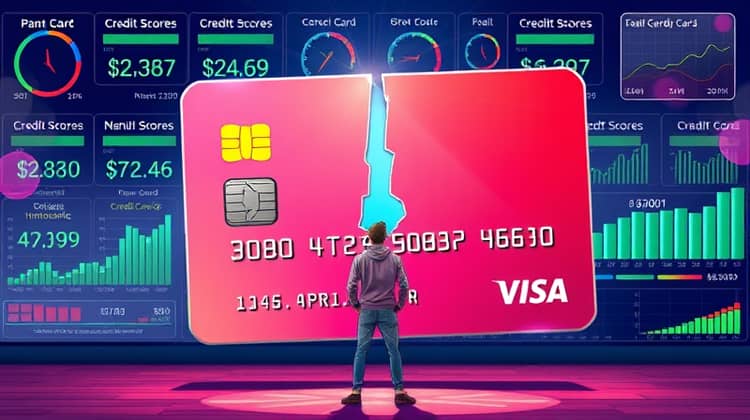Secure Your Credit Score: The Smart Way to Cancel a Credit Card

Managing credit effectively is a vital aspect of financial health. Whether you are looking to streamline your finances or simply remove old accounts, understanding how credit cards and credit scores work together is essential. This article will guide you through the process of canceling a credit card without negatively impacting your credit score.
A credit score is a reflection of your creditworthiness, which lenders use to assess the risk of lending money or extending credit. It’s determined by various factors, including your payment history, credit utilization, length of credit history, types of credit in use, and recent credit inquiries. A responsible approach to managing your credit is key to maintaining a good score.
Understanding Credit Scores

Your credit score can significantly impact your ability to secure loans, obtain favorable interest rates, and even affect job opportunities. Therefore, understanding the components of a credit score helps you make informed decisions regarding your credit accounts.
The three main credit bureaus—Equifax, Experian, and TransUnion—assign scores based on your credit history. Scores generally range from 300 to 850, with higher scores indicating better creditworthiness. Knowing where you stand can empower you to take the necessary steps to improve or maintain your credit health.
Why Canceling a Credit Card Affects Your Credit Score

Canceling a credit card can impact your credit score in several ways. One major factor is the length of your credit history. Closing an older account may shorten your average account age, which can lower your score.
Additionally, your credit utilization ratio, which is the balance-to-limit ratio, can also be affected. If you cancel a credit card with a high limit, your total available credit will decrease, and if your balances remain the same, your utilization ratio may increase, impacting your score negatively.
Steps to Cancel a Credit Card Without Hurting Your Credit

If you need to cancel a credit card, taking some preliminary steps can help you minimize the potential impact on your credit score. Planning ahead is crucial to ensure that you maintain a healthy credit profile throughout the process.
Start by assessing your situation; consider your current credit utilization ratio and the age of your accounts. This reflection will help you determine whether you should proceed with the cancellation or explore alternatives.
- Review your credit report to understand the impact of cancellation.
- Pay down any existing balances before closing the account.
- Consider requesting a credit limit increase on your remaining cards to offset the change in utilization.
- Cancel the card during a time when you're not planning to apply for new credit.
- Monitor your credit score after cancellation to observe any changes.
By following these steps, you can effectively cancel a credit card while minimizing any negative effects on your credit score. It's all about planning and understanding how your credit works.
Alternative Options to Consider

Before deciding to cancel a credit card, consider all your options. Sometimes, keeping a card open—even if you rarely use it—might be the better choice for your credit health. There are various strategies to manage unwanted credit cards effectively.
If the card has a high annual fee or no longer meets your needs, you may want to consider other alternatives rather than outright cancellation that could support your overall credit score.
- Downgrade to a no-fee card to maintain the credit line.
- Increase your credit limits on other cards to offset any potential score drop from cancellation.
- Set the card aside and use it occasionally for small purchases to keep it active.
Ultimately, making informed decisions about your credit cards can lead to better financial outcomes. Ensure you weigh the long-term impacts of any action you decide to take on your credit health.






